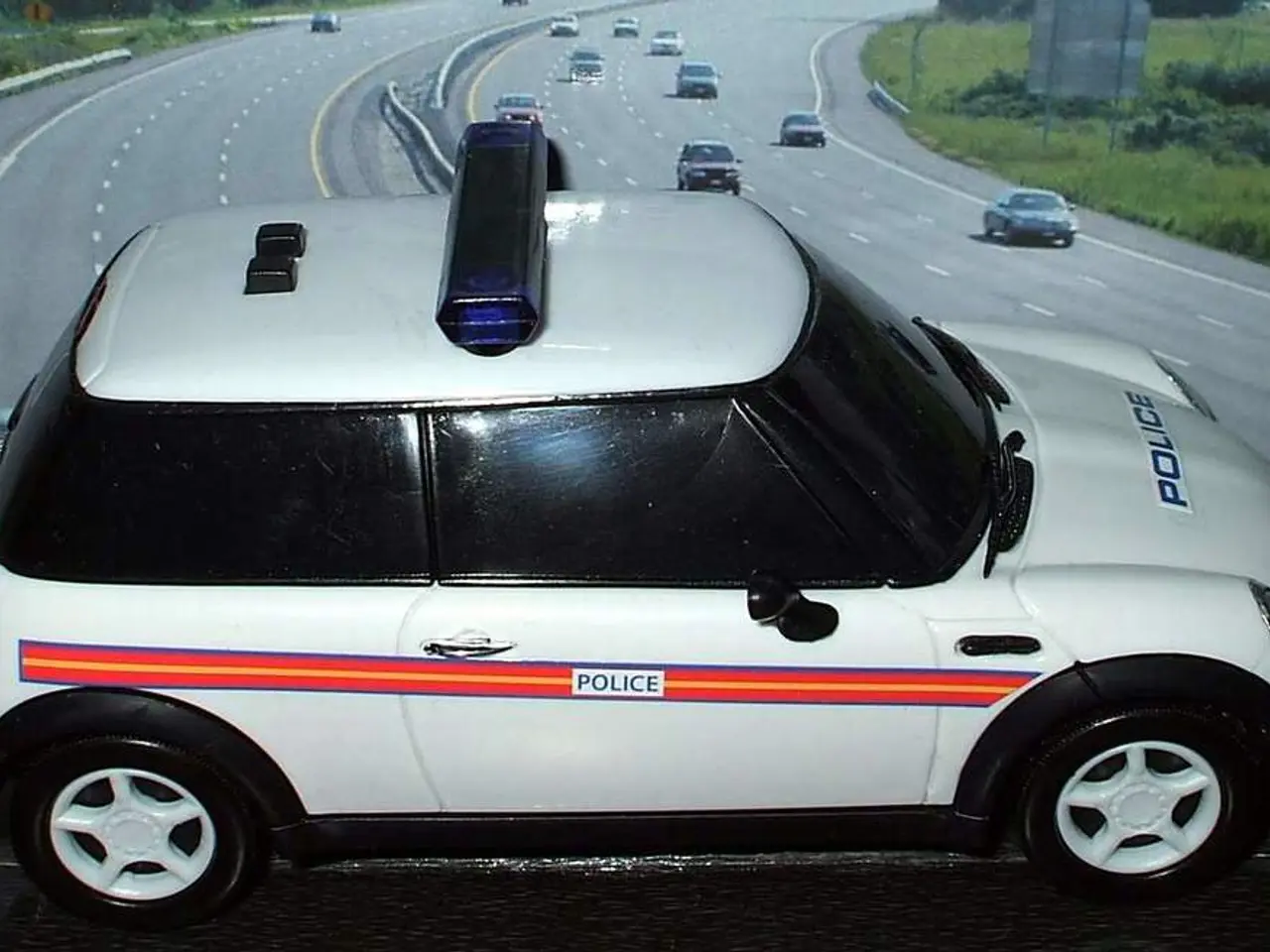Residents of Washington D.C. negotiate crime concerns as Trump enacts federal takeover
In the heart of Washington, D.C., public sentiment is running high against the recent deployment of National Guard troops and federal agents, as well as the federal government's takeover of the D.C. Metropolitan Police.
According to a recent poll, nearly 80% of D.C. residents oppose President Trump's executive order to federalize the city's law enforcement. The move has been met with criticism from D.C. Mayor Muriel Bowser, who described it as an authoritarian overreach.
Community organizers and local leaders view the federal intervention not as a response to crime, which has been on a downward trend according to city and federal statistics, but as a power grab aimed at control rather than public safety.
Critics also highlight practical concerns. The National Guard troops, many from states far from D.C., lack familiarity with the local community and criminal landscape, limiting their effectiveness in law enforcement roles. The presence of military vehicles in public spaces like Union Station and the National Mall is seen as theatrical and symbolic displays of force rather than crime-fighting.
Legally and politically, the deployment raises serious questions, including potential violations of the Posse Comitatus Act, which limits military involvement in domestic law enforcement. The ongoing conflict between D.C.’s local government and the White House over control of the Metropolitan Police underscores the tension and the perception of an unconstitutional federal takeover.
In the neighbourhood of Congress Heights, a predominantly Black area with a high crime rate, residents have mixed opinions. While some believe that crime is worse than the statistics show because many have given up reporting to the police due to feeling that many crimes go unpunished, others see a greater armed presence as beneficial for the neighbourhood's sense of security.
Ava Shen, a 27-year-old business consultant, expressed her opinion that the deployment of the National Guard is a power play by President Trump, and she does not believe it is the solution to the issues being addressed. She also mentioned that her personal experience this summer has been calmer than other summers.
The residents of Congress Heights suggest that if President Trump really wants to crack down on crime, he should use federal money to put more police on the street, who are trained to do this sort of work. The neighbourhood of Congress Heights is among the poorest areas of Washington, D.C. and has a high crime rate, as reported by D.C. police.
NPR's Frank Langfitt conducted interviews around Washington, D.C. to gauge local opinions on the deployment. He did not see any federal agents like the FBI or DEA in the neighbourhoods of Congress Heights.
In the gentrifying neighbourhood of U Street, President Trump has deployed National Guard troops and hundreds of federal agents this week. U Street, known for its high crime rate, has approximately 10 violent crimes per thousand residents, according to D.C. police.
Some residents in Congress Heights believe that the deployment is mostly for show, while others think that President Trump is trying to punish the leaders of the Black-led Democratic city and that deploying the National Guard is a show of political and military force.
In summary, the public sentiment in Washington, D.C. is strongly against the federal takeover and troop deployments, viewing them as unnecessary, legally questionable, and politically motivated actions that undermine local governance and civil liberties.
- The ongoing debate about the federal government's involvement in Washington, D.C.'s law enforcement, as exemplified by the deployment of National Guard troops and federal agents, falls under the broader category of 'politics' and 'policy-and-legislation'.
- The recent move by President Trump to federalize the city's law enforcement, particularly the controversy surrounding the takeover of the D.C. Metropolitan Police, has been featured prominently in 'general-news' and 'crime-and-justice' sections of various media outlets.







